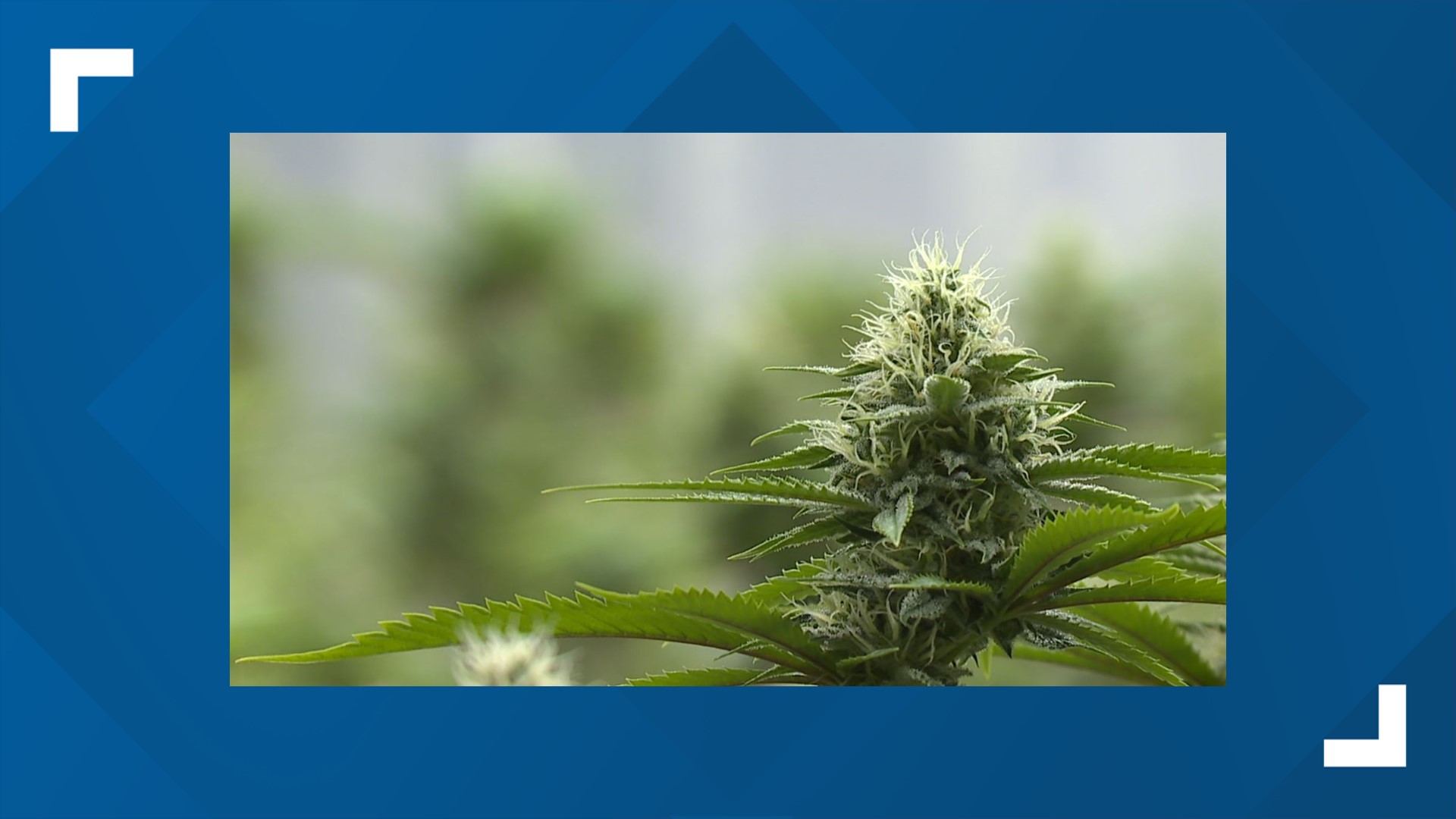HARRISBURG, Pa. — A new report by advocacy group Americans for Safe Access (ASA) gives Pennsylvania a C+ grade for patient access to medical cannabis.
The report released on Feb. 22 ranks state policies on medical cannabis based on six categories encompassing 120 metrics. Pennsylvania’s C+ grade is slightly above the report’s national average grade of a D.
According to the report, a major issue for Pennsylvania’s 384,254 registered cannabis patients is cost.
A Pennsylvania medical marijuana ID card costs $50, but the doctor appointment to qualify for the card averages around $175 to $250. The card must be renewed annually and requires an additional doctor appointment. Those costs do not include the price of the medical cannabis itself.
“This is something year in and year out we hear from cannabis patients," said Abbey Roudebush, ASA's director of government affairs. "It’s something that I hear about definitely most often when patients talk about the burden of this program.”
Patients can still be fired from their jobs or evicted from their homes for medical cannabis use in Pennsylvania.
State Rep. Chris Rabb (D-Philadelphia), himself a medical cannabis patient, said lawmakers need to create civil protections for patients.
“The laws have not been modernized appropriately to address the considerations of law-abiding cannabis patients like myself,” he said.
Among state legislators, bipartisan support is also growing for full recreational cannabis legalization.
“We are indeed debating the possibility of legalizing adult-use cannabis,” Rabb affirmed.
Yet, patient advocates warn legal recreational cannabis should not lower regulatory standards for medical cannabis.
“Adult-use laws are separate from medical cannabis laws,” Roudebush said. “The two programs can coexist in a state but one is not a replacement for the other, and they do need to remain separate.”
Patient advocates said it’s hard to navigate medical cannabis laws across all 50 states, especially when not all states recognize patient status granted from another state, even if both states have medical cannabis programs.
“Just because you’re traveling somewhere doesn’t mean that you don’t need that medication anymore,” Roudebush said.
Only the federal government has the power to standardize medical cannabis regulations across states.
“Until we pass federal legislation, patients are going to remain prisoners in their medication,” said ASA founder and president Steph Shere.

